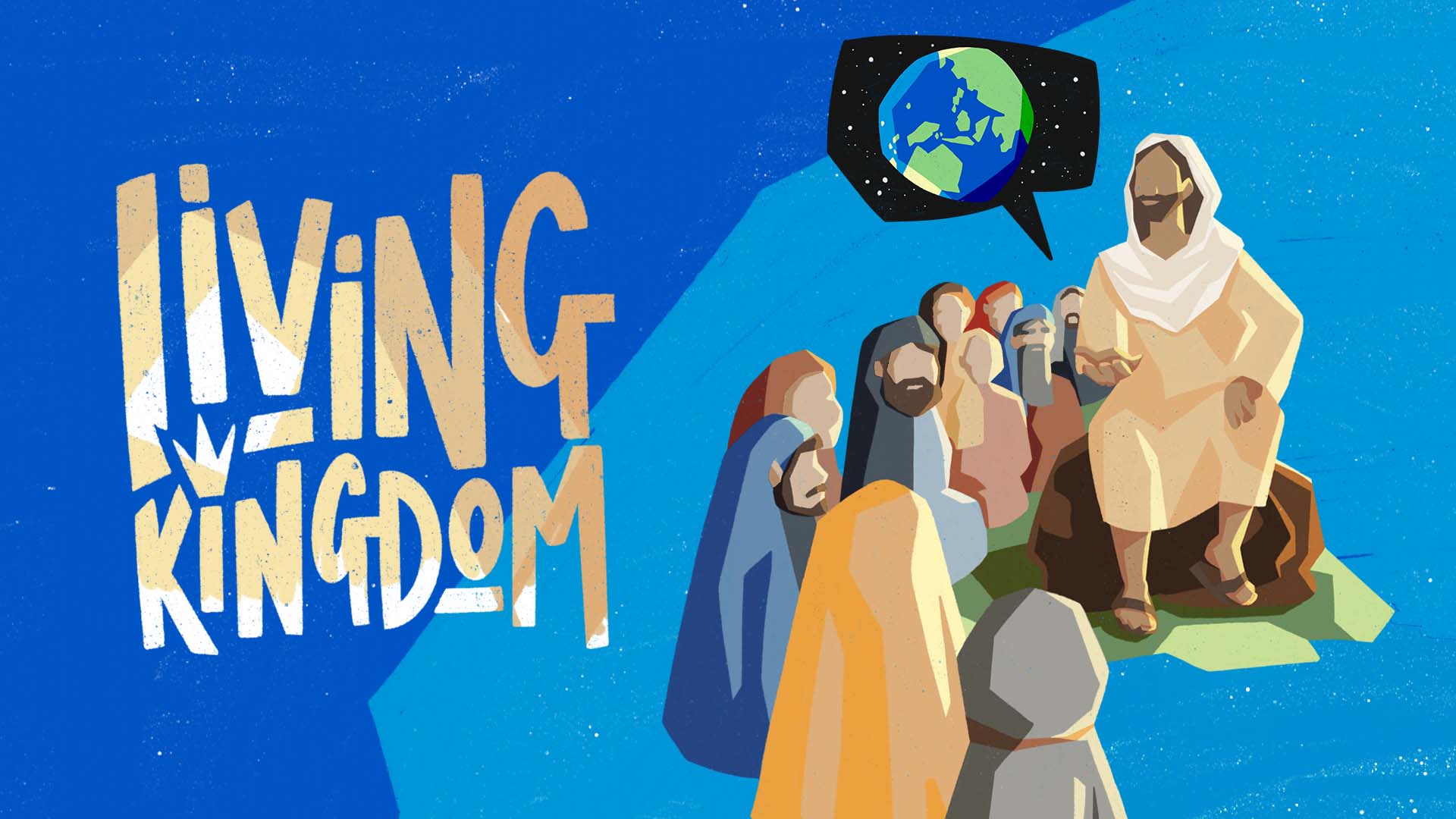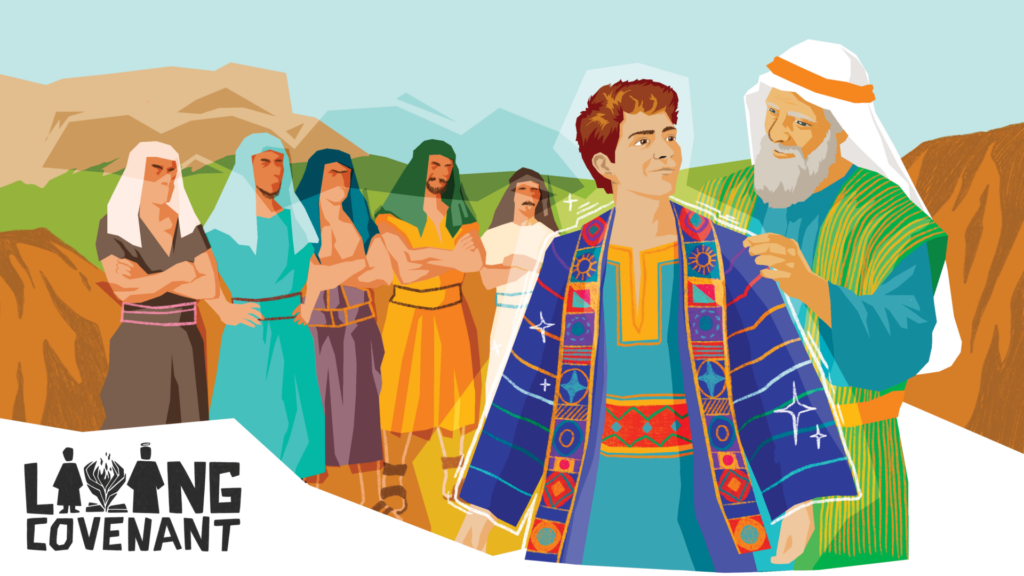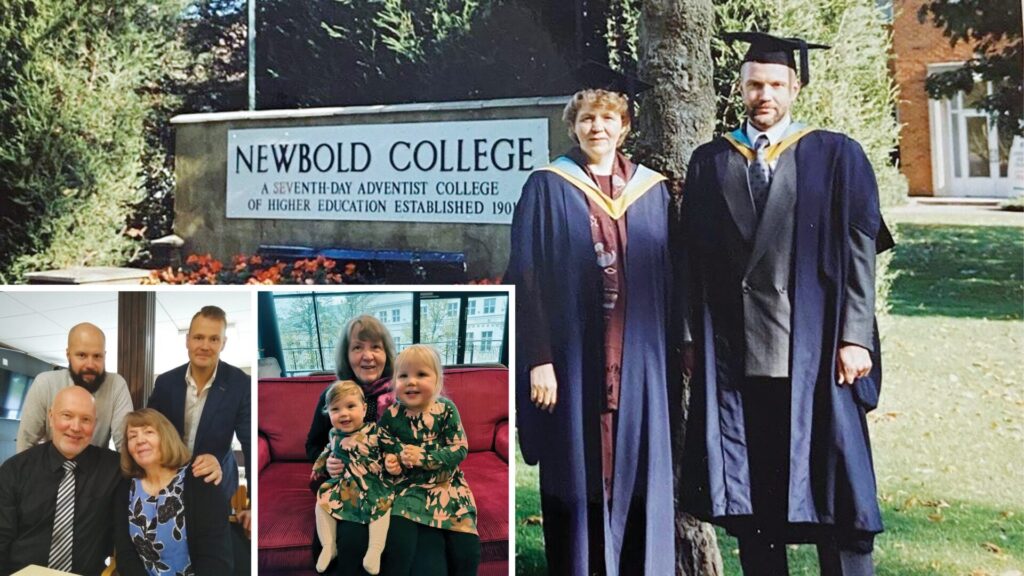Stories have a huge impact and the stories of Jesus have had perhaps the biggest impact on the world we know today. Often drawn from everyday scenarios, even the news of the day (see Luke 13:2-5), Jesus explained His kingdom in a way that was both simple and complex. He gave people the opportunity to understand the good news by using scenarios they were already familiar with. But He also took the stories to unexpected places, often surprising and shocking His audience. I can only imagine the look on the faces of His listeners when the Samaritan was the hero of the story!
After more than a year, walking through the parables of Jesus, as part of our Living Kingdom series, we’ve covered most of the stories and we’ve finished the series. The beautiful hand-drawn illustrations from Maryellen Hacko really brought the series to life.
But what have I learned in spending more time with the reflections of a variety of writers throughout the Pacific on what Jesus’ parables mean to them?
First of all, Jesus cares about how we live. The parable of the sheep and the goats, the stories in Matthew 25 about how we wait for His soon return, the Good Samaritan story, just to name a few, show us that being a citizen of the kingdom is just as much about how we act and treat others as it is about who we belong to. Now this doesn’t mean we earn the right to be part of the kingdom. The story about the master giving everyone equal wages tells us that we don’t earn more than anyone else because of our behaviour. Yet knowing Jesus, living out His teachings, that should make us strive to emulate those in the stories who strove for the good of others. Following Jesus should be just as much practical and real world as it is existential and theological. We must make a difference in our world.
As Christians, we carry the name of Christ and if we are serious about being His disciples then we must get serious about the words and stories that He left to guide us. “My Father’s house has many rooms; if that were not so, would I have told you that I am going there to prepare a place for you? And if I go and prepare a place for you, I will come back and take you to be with me that you also may be where I am. You know the way to the place where I am going” (John 14:2–4). You know the way to the place. . . Jesus left us a roadmap to follow until that great reunion.
Jesus told these stories so we would see ourselves in them. It is the same way we must share the kingdom with others. We must tell stories, use relatable scenarios and make the good news accessible to those we come into contact with. Yes, there was mystery and many people were confused by Jesus’ stories. There are deep layers of meaning and different applications for different groups of people. We can’t escape the fact that the gospel is profound, a “mystery that has been kept hidden for ages and generations, but is now disclosed to the Lord’s people” (1 Corinthians 1:26). But Jesus also worked to meet people where they were at, leaving a message that would be studied and understood by generations of people for 2000 years after His death and resurrection.
Finally, the experience of sharing this journey together shows that there is always fresh insight to be found in the parables of Jesus and indeed in the whole of Scripture. Each author brought a different approach to their assigned parable and as a community we are richer for it. Going through God’s Word together is one of the great blessings of being part of God’s family. In community, as we’ve journeyed through many of the parables of Jesus, we’ve been uplifted, encouraged, inspired, and given new and fresh perspectives. Our appreciation for these sometimes familiar Scriptures has been enriched.
Keep coming back to the teaching of Jesus so that you can truly be a part of His living kingdom.






